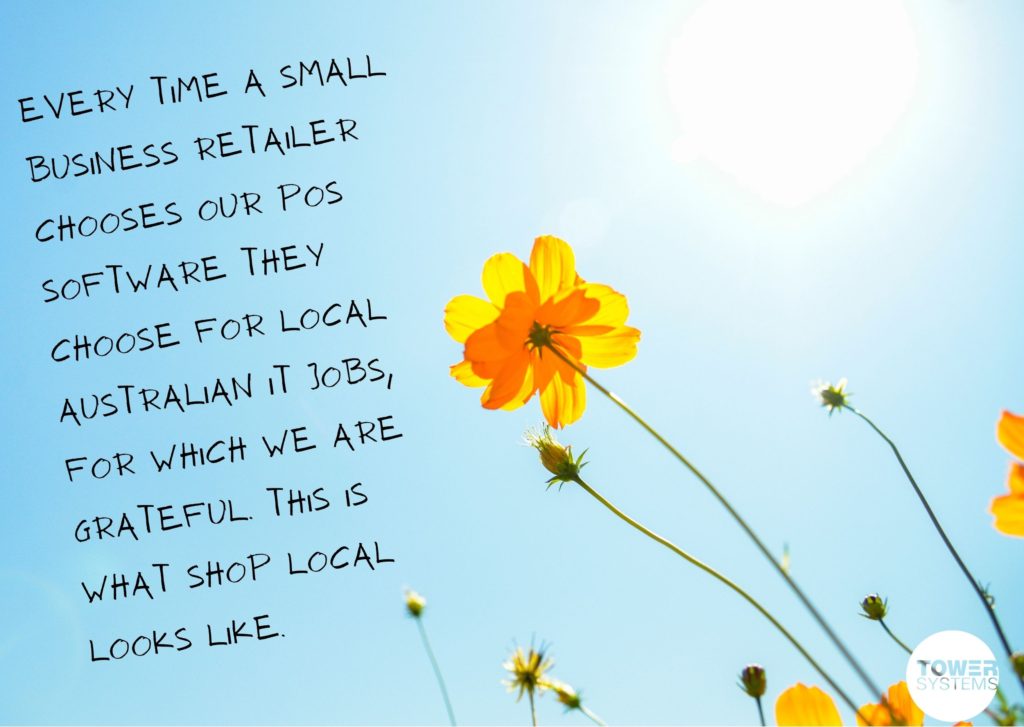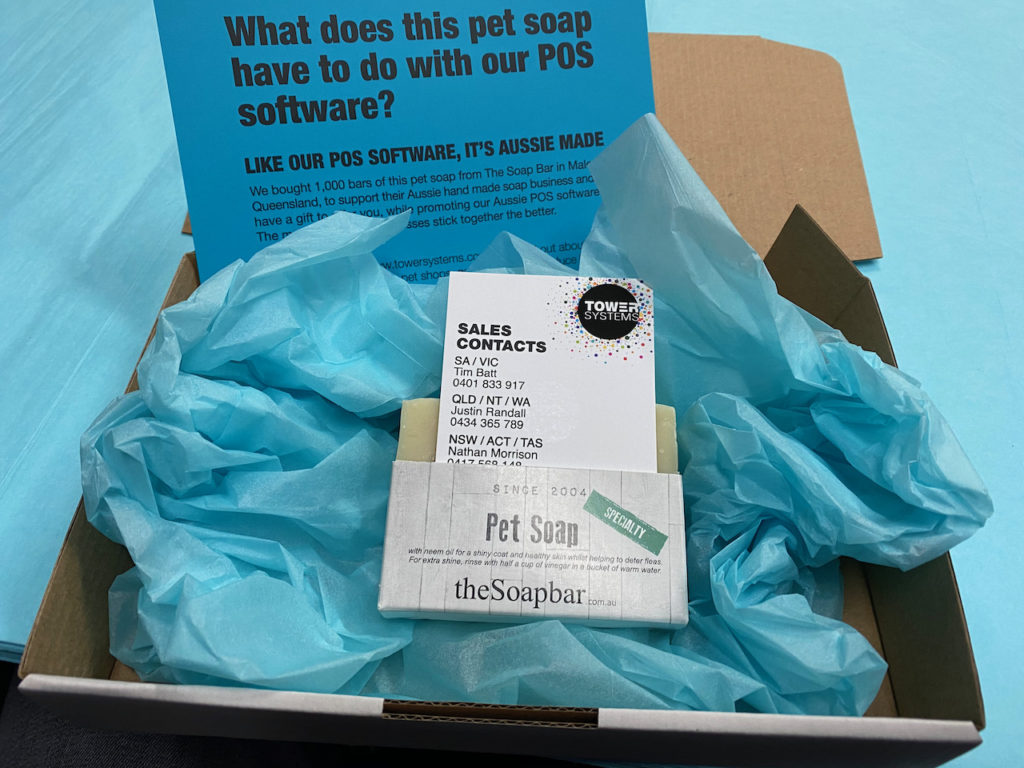We are grateful to have launched more POS software connected Shopify websites for small business retailers in our community. These sites, all developed by us here in Australia, deliver terrific new customer acquisition opportunities for our shoppers, helping them to sell 24/7 and sell as far afield as they would like.
Here are some of the recently made live websites from our web team:
www.backobourkecollective.com.au
www.inspiretasmania.com.au
www.brindabellastockfeed.com.au
www.heavensabove.com.au
www.loavesrobe.com.au
www.masterjewellersonline.com.au
www.chitchatgifts.com.au
www.eidsvoldrural.com.au
www.forevergiftsandmore.com.au
www.funporium.com.au
www.goulburnstationery.com.au
www.rehfisch.com.au
www.merimbulaextra.com.au
www.morganpark.com.au
www.nextragiftsorange.com.au
www.northsideproduceagency.com.au
www.pamperedpetz.com.au
www.www.paperplayonline.com.au
www.parkesnewsandgifts.com.au
www.rivercitypets.com.au
www.smithstreettraders.com.au
www.sprengersruraltraders.com.au
www.hefeedshop.com.au
www.shop.newcastle.edu.au
www.toyworldcanberra.com.au
www.toyworldwauchope.com.au
www.reasureboxgifts.com.au
www.uncletomspps.com.au
www.warragulpetemporium.com.au
www.welbygardencentre.com.au
www.wollongongbikehub.com.au
If you are interested in a POS software connected website, please reach out to our sales team: sales@towersystems.com.au.
USEFUL, EVERYDAY WEBSITE ADVICE FOR SMALL BUSINESS RETAILERS.
Regardless of who you choose to create your website, here are tips we offer to help make setting up a Shopify site successful for you.
- Know why. Knowing why you want the website can answer plenty of other questions. For some it is to win new customers, for others it is revenue growth, while for ithers it is better service of existing customers.
- Know your narrator. Every website has a narrator, the person behind the scenes writing the text, responding to queries. Think about that person, how they speak, words they use, their manner. Think of this person as a character you create.
- Look at competitor sites online locally and overseas as it is beneficial to see what someone else is doing and learn from that.
- Only use unique images. If you use supplier supplied images, they may be on other sites and Google will know this. Google likes fresh content.
- Write your own product name / title. Use search keyworks in the name – that is, what people are searching for. Google likes fresh content.
- Write your own product description and think about what shoppers search for.
- Do not load everything. Too much stock makes a site hard to navigate.
- Consider using a website name that is different to your business name. Online can benefit from a different brand to your in-store situation.
- Be open to additional sites. You may make more money from having multiple.
- Support the site with active social media engagement.
- Promote the site with an email monthly at least, through MailChimp or similar.




Recent Comments